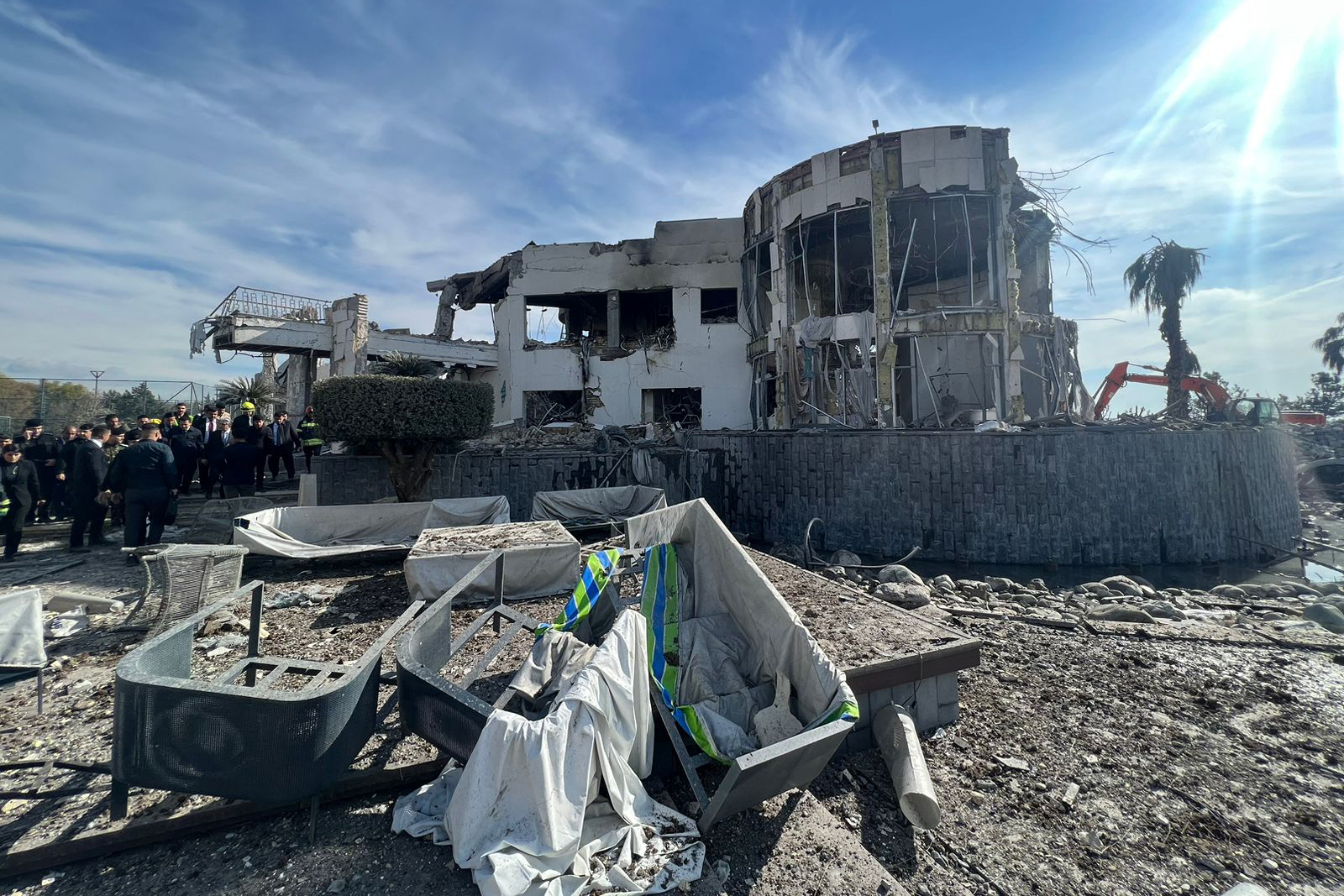Tensions between Iran and Pakistan have escalated rapidly this week, with both countries carrying out retaliatory airstrikes along their shared border region. The tit-for-tat strikes come at a time of heightened instability across the Middle East and have the potential to spark a wider regional conflict.
Reason why Iran Attacked Pakistan
The clashes were triggered by an Iranian strike on Pakistani territory on Tuesday, which killed at least two children. Iran claimed the attack targeted separatist militants but Pakistan condemned it as an “unprovoked violation” of its sovereignty.
Cross-border tensions have simmered for years, with both sides accusing the other of harboring militant groups launching attacks across the frontier. The specific triggers for Iran’s strike appear to be retaliation for recent deadly attacks on its security forces that it blamed on Pakistani-based Baloch separatists.
Pakistan’s Response on Iran attack
In response to the Iranian attack, Pakistan launched its own “highly coordinated” and “intelligence-based” strike on Thursday. Using drones, rockets and missiles, Pakistan targeted hideouts of Baloch insurgent groups inside Iran, killing at least nine people.
Pakistan stated the preemptive action was taken due to “credible intelligence” of preparations for “large-scale terrorist activities” by Baloch militants. The retaliatory strike seems intended to reestablish deterrence and avoid appearing weak domestically ahead of upcoming elections.
Also Read : China’s Population Decline 2024: Economic Shifts and India’s Rise
Reaction from India, US and China
The escalating clashes have drawn international concern, with major powers urging restraint on both sides. India expressed understanding for defensive actions while condemning terrorism. The US denounced Iran’s violation of its neighbors’ sovereignty in recent days. China, an ally of both states, called for dialogue and diplomacy.
Baloch Liberation Front in Focus
The Baloch Liberation Front militant group, which Iran targeted in its initial strike, has been engaged in a separatist insurgency for decades. It seeks independence for the Baloch ethnic group whose homeland straddles the Iran-Pakistan border. Considered a terrorist group by Pakistan, it has waged attacks on security forces in both countries.
Impact and Current State of Iran & Pakistan
The reciprocal strikes have led to a diplomatic crisis, with Pakistan recalling its ambassador from Iran and warning of further escalation. The clashes have imperiled relations and fed longstanding suspicions between the neighbors.
While both countries have expressed a wish for tensions to cool, the situation remains highly volatile. The possibility of retaliatory tit-for-tat strikes risks spiraling into a broader regional conflagration at a time when the Middle East is already on edge amid overlapping conflicts. However, there are hopes the two nations will step back from the brink and find a diplomatic resolution.
Conclusion
The air strikes exchanged by Iran and Pakistan over militant activities demonstrate how cross-border tensions can swiftly escalate when fragile regional relationships are placed under strain. While further military escalation remains a concern, international calls for stability underline the need for restraint and dialogue to reestablish security. Diplomatic efforts will be key to preventing a dangerous new crisis in the Middle East.

